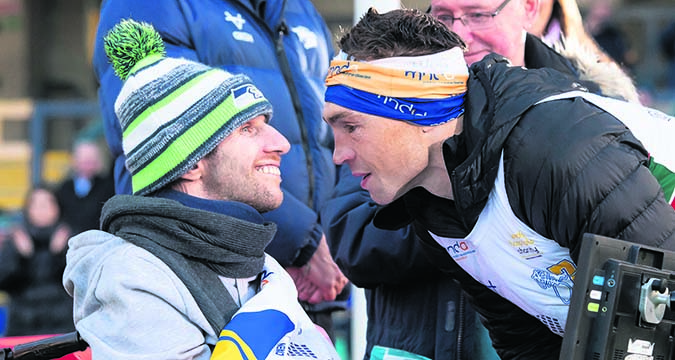 This week we complete our countdown of the significant and memorable moments for Rugby League in 2021, after listing the events that we adjudged to make up the rest of the top 50 in previous weeks.
Here we list the ten events that we consider the most memorable and significant of 2021, with the decision by the Australian and New Zealand Rugby Le
This week we complete our countdown of the significant and memorable moments for Rugby League in 2021, after listing the events that we adjudged to make up the rest of the top 50 in previous weeks.
Here we list the ten events that we consider the most memorable and significant of 2021, with the decision by the Australian and New Zealand Rugby LeThe top ten most significant and memorable moments in Rugby League in 2021
 This week we complete our countdown of the significant and memorable moments for Rugby League in 2021, after listing the events that we adjudged to make up the rest of the top 50 in previous weeks.
Here we list the ten events that we consider the most memorable and significant of 2021, with the decision by the Australian and New Zealand Rugby Le
This week we complete our countdown of the significant and memorable moments for Rugby League in 2021, after listing the events that we adjudged to make up the rest of the top 50 in previous weeks.
Here we list the ten events that we consider the most memorable and significant of 2021, with the decision by the Australian and New Zealand Rugby Le
